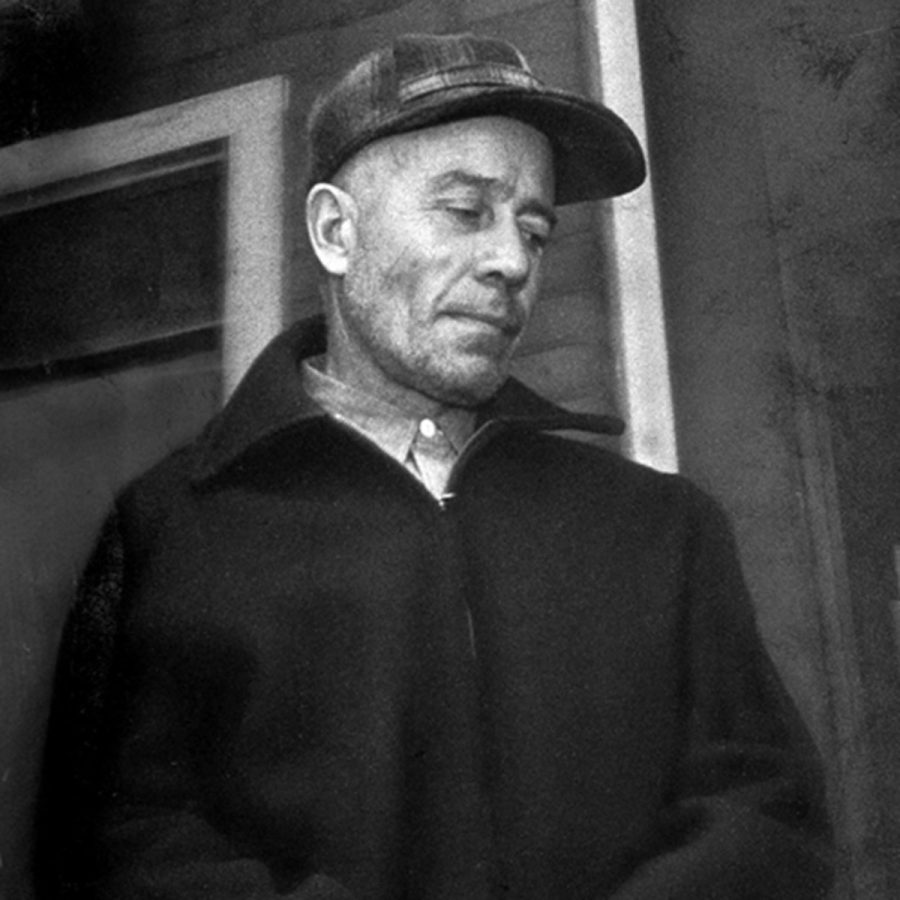Ed Gein (Leatherface)
December 3, 2021
Edward Theodore Gein was born on August 27, 1906, in La crosse, Wisconsin. The son of George, a timid alcoholic father, and Augusta, a fanatically religious and controlling mother. Gein grew up alongside his older brother, Henry, in a household ruled by his mothers puritanical preachings about the sins of lust and carnal desire. Around 1915, Augusta moved the family to a farm outside plainfield, Wisconsin. Gein rarely left the farm, except for attending school. After George died in 1940, Gein and Henry began working more odd jobs to support the family. In 1944, the brothers were burning brush on the property when the fire raged out of control. Henry was found dead, and although it was initially believed to be the result of the fire, the circumstances surrounding his death, as well as Gein’s later activities, led to conjecture that the younger brother was responsible. Obsessively devoted to his mother, Gein never left home or dated women. However, after she died in late 1945, he became increasingly deranged. Now living alone, he left her room neat and untouched while the rest of the home fell into squalor, and he developed an interest in anatomy books. Gein managed to support himself as a handyman and – despite his odd behavior – as a babysitter. Meanwhile, a few residents from the general area had mysteriously disappeared over the years. Among them was Mary Hogan, who ran a tavern in nearby Pine Grove that Gein regularly frequented.
On November 16, 1957, Bernice Worden was reported missing from her hardware store in Plainfield, with the cash register also gone and a trail of blood leading out the back. Her son Frank, a deputy Sheriff, was suspicious of Gein, and the reclusive man was soon apprehended at a neighbor’s house. The authorities sent to Gein’s home that night were greeted by the gruesome sight of Worden’s headless, gutted body hanging from the ceiling. Further investigation yielded more shocking discoveries, including organs in jars and skulls used as soup bowls. Under questioning, Gein confessed to killing Worden, and killing Hogan three years earlier. Additionally, he admitted to digging up numerous corpses for cutting off body parts, practicing necrophilia and fashioning masks and suits out of skin to wear around the home. With that sort of evidence, authorities attempted to connect him to other murders and disappearances from recent years but were unable to draw any definitive conclusions. Gein’s lawyer, William Belter, entered a plea of not guilty by reason of insanity, and in January 1958, Gein was found unfit to stand trial. He was committed to Central State Hospital, where he variously worked as a mason, carpenter’s assistant and medical center aide. In early 1968, Gein was determined fit to finally stand trial. That November, he was found guilty of the murder of Worden. However, he was also found insane at the time of the murder, and as such he was recommitted to Central State Hospital. Save for his attempt to petition for a release in 1974, which was rejected, the mild-mannered Gein made virtually no news while institutionalized. Later that decade, his health failing, he was transferred to the Mendota Mental Health Institute, where he died of cancer and respiratory illnesses on July 26, 1984.

